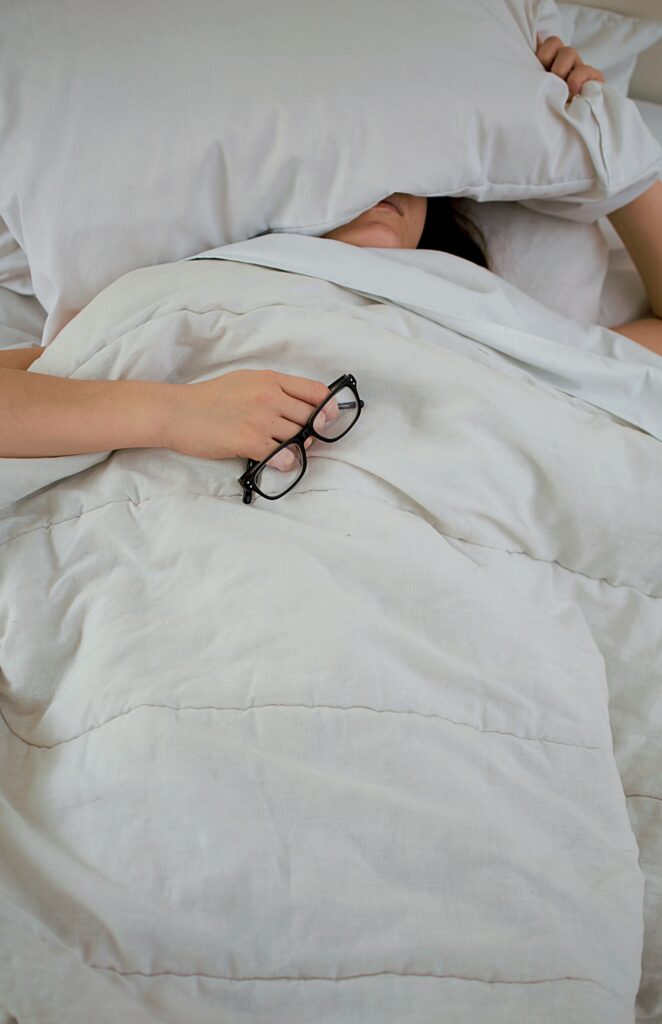Introduction:In today’s fast-paced world, quality sleep is more important than ever. Yet, many of us struggle to achieve a restful night’s sleep due to poor sleep hygiene practices. Sleep hygiene refers to the habits and behaviors that promote healthy sleep patterns. By optimizing your sleep hygiene, you can enhance the quality and duration of your sleep, leading to improved overall health and well-being.
Understanding Sleep Hygiene
Sleep hygiene encompasses various practices and habits that influence the quality of your sleep. From your bedtime routine to your sleep environment, every aspect plays a crucial role in determining how well you rest at night. By paying attention to these factors and making positive changes, you can enjoy a more restorative sleep experience.
Establishing a Consistent Sleep Schedule
Maintaining a regular sleep schedule is essential for regulating your body’s internal clock. Try to go to bed and wake up at the same time every day, even on weekends. Consistency reinforces your body’s natural sleep-wake cycle, making it easier to fall asleep and wake up feeling refreshed.
Creating a Relaxing Bedtime Routine
A calming bedtime routine signals to your body that it’s time to wind down and prepare for sleep. Engage in relaxing activities such as reading, gentle stretching, or practicing meditation before bedtime. Avoid stimulating activities like watching TV or using electronic devices, as they can interfere with your ability to fall asleep.
Optimizing Your Sleep Environment
Your sleep environment plays a significant role in your ability to achieve restful sleep. Keep your bedroom cool, dark, and quiet to promote relaxation. Invest in a comfortable mattress and pillows that provide adequate support for your body. Additionally, consider using white noise machines or earplugs to block out any disruptive sounds.
Limiting Exposure to Screens Before Bed
The blue light emitted by smartphones, tablets, and computers can disrupt your body’s natural sleep-wake cycle. Minimize screen time at least an hour before bedtime to allow your brain to transition into sleep mode. Instead of scrolling through your phone, engage in calming activities that promote relaxation.
Avoiding Stimulants and Heavy Meals Before Bed
Consuming stimulants like caffeine and nicotine close to bedtime can interfere with your ability to fall asleep. Similarly, eating heavy or spicy meals before bed may cause discomfort and indigestion, making it difficult to sleep soundly. Opt for light snacks if you’re hungry before bedtime, and avoid caffeine and nicotine in the hours leading up to sleep.
Incorporating Regular Exercise into Your Routine
Regular physical activity can improve sleep quality by reducing stress and promoting relaxation. Aim for at least 30 minutes of moderate exercise most days of the week, but avoid vigorous workouts close to bedtime, as they may have a stimulating effect. Exercising earlier in the day can help regulate your sleep-wake cycle and promote deeper, more restful sleep.
Managing Stress and Anxiety
High levels of stress and anxiety can significantly impact your ability to fall asleep and stay asleep. Practice stress-reducing techniques such as deep breathing, mindfulness meditation, or progressive muscle relaxation to calm your mind and body before bedtime. Additionally, consider seeking support from a therapist or counselor if stress and anxiety are affecting your sleep on a regular basis.
FAQs
What is sleep hygiene? Sleep hygiene refers to the practices and habits that promote healthy sleep patterns and improve sleep quality.
How does sleep hygiene impact overall health? Optimizing sleep hygiene can enhance overall health by improving cognitive function, mood, immune function, and reducing the risk of chronic diseases.
Is it important to maintain a consistent sleep schedule? Yes, maintaining a consistent sleep schedule helps regulate your body’s internal clock, making it easier to fall asleep and wake up feeling refreshed.
Can screen time affect sleep quality? Yes, exposure to screens before bedtime, especially those emitting blue light, can disrupt your body’s natural sleep-wake cycle and make it harder to fall asleep.
What are some tips for creating a relaxing bedtime routine? Engage in calming activities such as reading, meditation, or gentle stretching before bed to signal to your body that it’s time to wind down and prepare for sleep.
How does exercise impact sleep? Regular exercise can improve sleep quality by reducing stress and promoting relaxation. However, avoid vigorous workouts close to bedtime, as they may have a stimulating effect.
Conclusion
Incorporating these tips into your daily routine can help you optimize your sleep hygiene and enjoy a more restful night’s sleep. By prioritizing sleep and making positive changes to your sleep habits, you can enhance your overall health and well-being. Remember, quality sleep is essential for both physical and mental health, so invest in creating a sleep-friendly environment and adopting healthy sleep practices.

